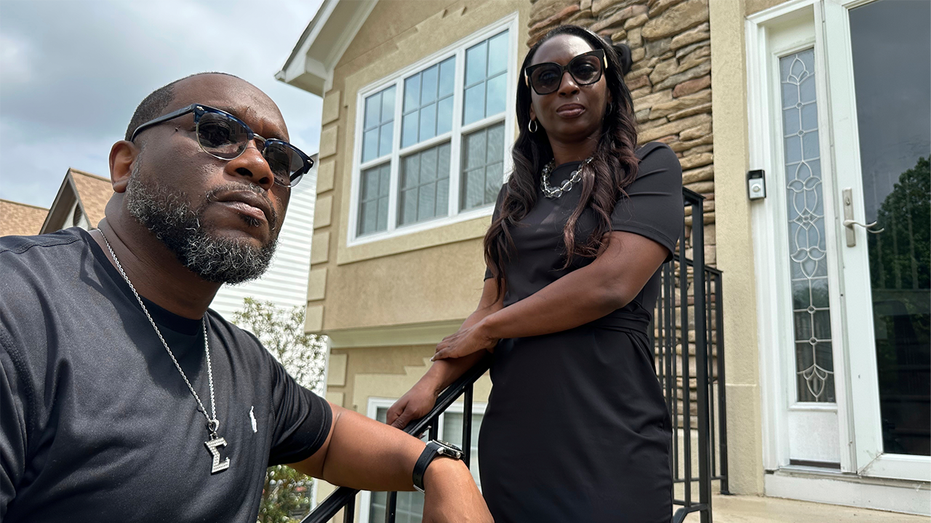The U.S. Supreme Court is set to hear arguments in a significant legal case involving a wrongful FBI raid on a home in Atlanta, Georgia. The case centers on TRINA MARTIN, who is suing the U.S. government for damages after federal agents mistakenly targeted her residence in 2017.
On October 18, 2017, FBI agents forcibly entered TRINA MARTIN‘s home in the early hours, pointing guns at her and her then-boyfriend, TOI CLIATT, while her 7-year-old son screamed for help from another room. The agents were searching for a suspected gang member but later realized they had raided the wrong house. The incident left the family traumatized, with lasting emotional and psychological effects.
TRINA MARTIN filed a lawsuit in 2019, accusing the FBI agents of assault, battery, false arrest, and other violations. However, the case was dismissed by a federal judge in Atlanta in 2022, and the 11th U.S. Circuit Court of Appeals upheld the dismissal in 2023. The Supreme Court will now consider whether the federal government can be held accountable in such cases, particularly when law enforcement actions result in harm to innocent individuals.
The case hinges on the interpretation of the Federal Tort Claims Act, which allows lawsuits against the government for certain wrongful actions. TRINA MARTIN‘s legal team argues that the law explicitly permits such claims, especially in cases of wrongful raids. They contend that failing to allow this lawsuit would leave victims with no recourse for justice.
The government, however, maintains that law enforcement decisions should not be subject to judicial second-guessing. They argue that the agents acted in good faith, conducting a thorough search before the raid and that the incident differs from the no-knock, warrantless raids that prompted legislative action in the 1970s.
The 11th Circuit Court largely sided with the government, stating that courts cannot scrutinize honest mistakes made by law enforcement during searches. The agent leading the raid claimed that his GPS device directed him to the wrong address, with the intended target located a few houses away.
The raid has had a profound impact on TRINA MARTIN and her family. She has since stopped coaching track due to the trauma of the incident, while TOI CLIATT had to leave his truck-driving job because of sleep disturbances. Their son has developed severe anxiety, pulling threads from his clothes and peeling paint off walls.
The case has drawn attention to the broader issue of wrongful raids and the need for accountability in law enforcement. Other U.S. appeals courts have ruled in favor of victims in similar cases, creating a legal inconsistency that the Supreme Court is now expected to resolve.
The Supreme Court’s decision could set a precedent for how the federal government is held accountable for the actions of its law enforcement agencies. The case is scheduled for oral arguments on Tuesday, with a ruling expected later this year.
Source: [The Associated Press](https://www.apnews.com)
